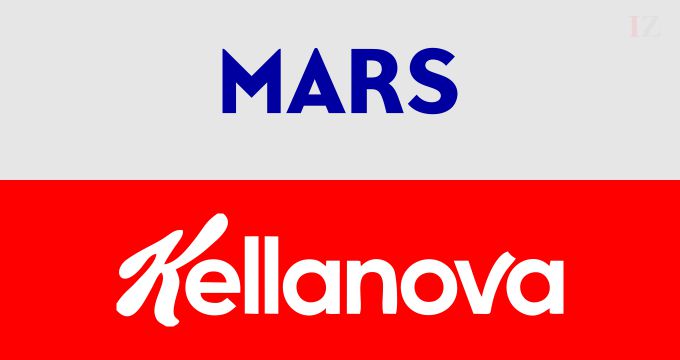Nokia, as a company at the roots of the information systems and innovations, has issued an interesting statement that shows that it still has some lead in the pencil. Nokia announced the launch of a new generation of data center network operating system (NOS). Plus, it released a new intent-based network automation and operations toolkit that will redefine the data center network architecture.
Nokia SR Linux is a real architectural advancement. It is the first network operating system (NOS) based entirely on the latest micro services. SR Linux NDK (NetOps development kit) provides a set of complete and rich programming functions. Modern tools such as gRPC (Remote Procedure Call) and protobuf can easily integrate applications. They don’t need language restrictions and to recompile or rely on other tools. SR Linux also inherits the rigorously tested Internet protocol stack from the Nokia Business Router Operating System (SROS). SROS is a trademark of Nokia’s carrier-grade service router. SR Linux is actually the industry’s first flexible and open network application development environment.
This will allow cloud and data center builders to scale and adapt operations in the face of year-over-year exponential traffic growth and constant change brought on from technology shifts like 5G and Industry 4.0, said Nokia. The new Nokia Service Router Linux (SR Linux) NOS and Nokia Fabric Service Platform (FSP) were co-developed with leading global web scale companies, including Apple, who is deploying the technology at its data centers.
The new range has already attracted some big names, such as Apple, BT, Equinix, LINX, team.blue, and Turkcell. Apple said it would be using the new kit to improve its networking and routing capabilities at its Viborg facility, in Denmark, and BT Group said it was using the range to further its efforts in 5G with “the extreme automation and scaling of telco cloud.”




